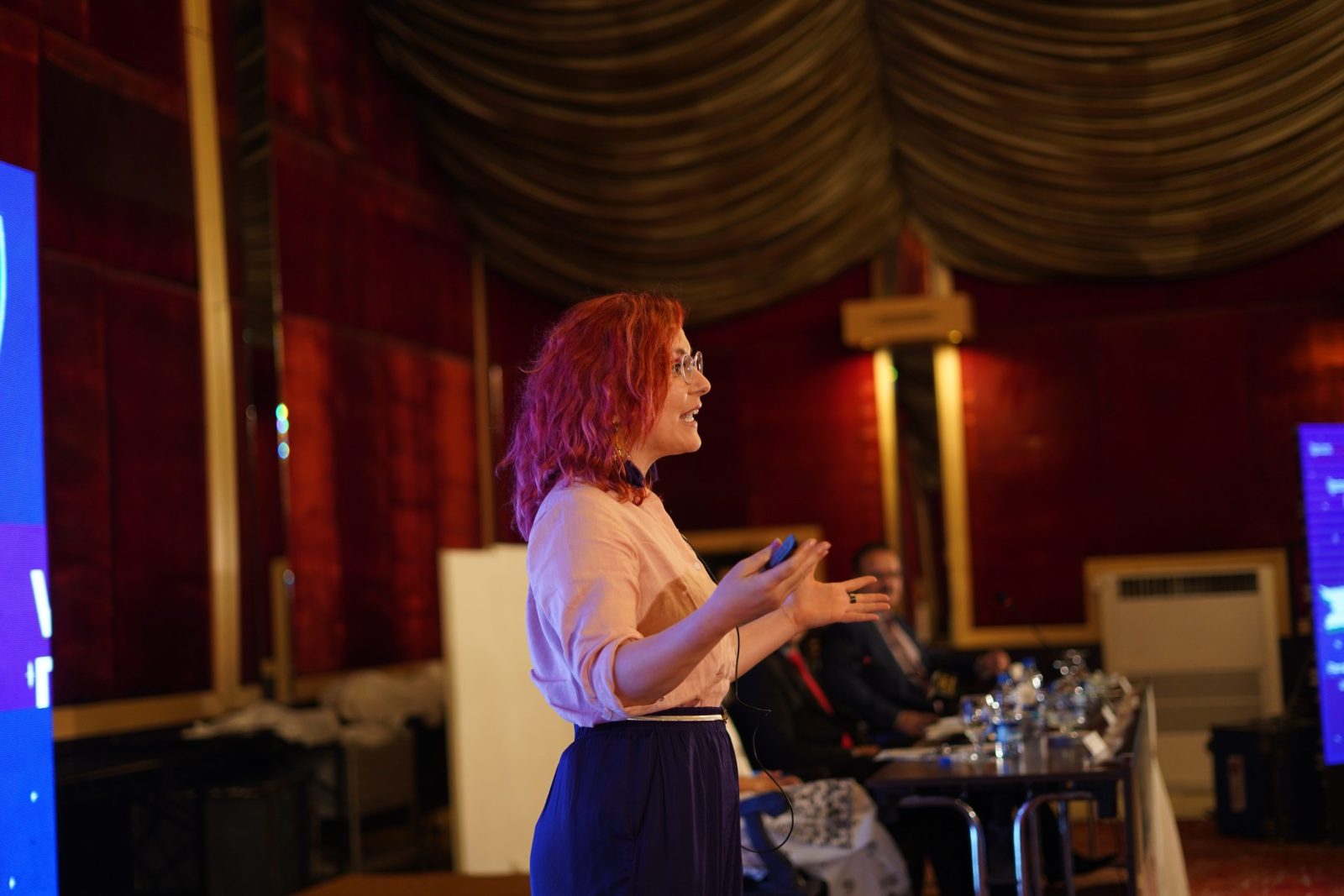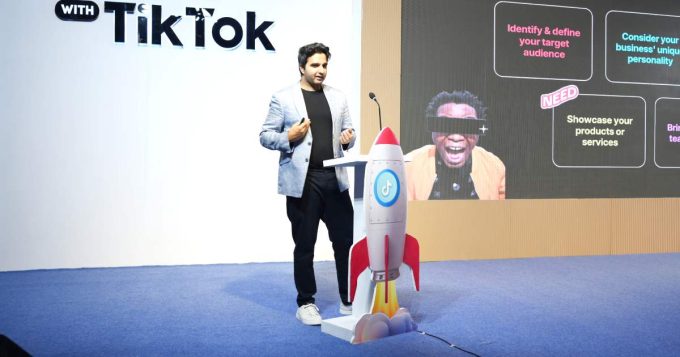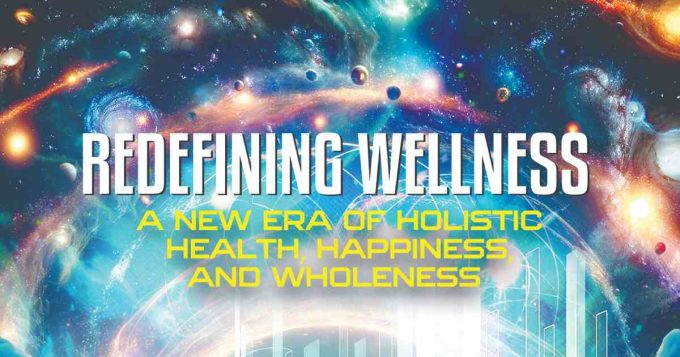The following are excerpts taken from an interview with Global Director, Ipsos Institute for Motivational Research; President, of Gender Balance Network, Cristina Craciun about GenAI and PersonaBots.
Do you think the PersonaBots will find easy footing here considering that the Pakistani market still isn’t as open to Generative AI as other developed markets in the world?
Cristina: I like how you go straight to the point here. The persona bots, just like other GenAI tools that we are developing in the insights industry, are indeed leading the wave in the business world, and it might be that not all organisations are ready for this transformation. As in everything, the rhythm of adoption is different.
After spending one week in Lahore and Karachi, speaking to the leaders of the business and academia world, I believe that the Pakistan industry leaders are ready to upskill their teams and embed GenAI at scale in their processes, using such tools as the persona bots to bring their audiences to life in a fresh, dynamic and immersive way across their organisation.
But also, allow me to challenge the root of the assumption that the Pakistani market is less ready than other developed markets in the world to embrace the advancements of GenAI. According to the Ipsos latest AI Monitor in 32 markets released as recently as June 2024, the top five markets where people feel they have a good understanding of AI, way above the global average, are Indonesia, Mexico, Peru, South Africa, and Thailand.
You will agree with me that these markets have a lot of common elements with Pakistan. As long as the business world is ready and you have an insights partner who has done the work to develop a secure and fertile sandbox, you are ready to start the conversations.
How does the Ipsos AI combat gender bias?
Cristina: GenAI models can lead to obvious bias, depending on the data they are trained on – we know today that most models are trained on English data sets, skewed towards male and white males. We must remember that we work with brands that create an experience, so the loss of control over this bias is an important challenge. Ipsos is first and foremost an organisation made of researchers, and experts highly trained in addressing stereotypes, going beyond the obvious, reading the unspoken, building empathy, and connecting with the bigger picture. We are, of course, very proud of leading the wave of GenAI developments in the insights world, but we are even prouder of how we are deliberately prompt engineering against bias. During my visit to Pakistan, I have shared the learnings from the prompt engineering experience of thousands of researchers at Ipsos who have spent the past year designing and testing ethical frameworks for GenAI, to compensate for that bias.
Pakistan has one of the lowest working-female ratios in the world. How can it be increased to ensure that gender equity is achieved in countries such as ours?
Cristina: Indeed you are right, according to the gender gap report 2023, economic participation is extremely low in the entire South Asian region, which the World Economic Forum considers Pakistan a part of. As long as gender roles are fixed and rigid, achieving equality in career progression opportunities will continue to be a dream for women because getting married and having a successful personal life will continue to be at odds with pursuing a career or one’s passion.
We cannot empower women at work without empowering men outside of work. If we want to redefine stereotypes such as “women can only be successful in a domestic environment, and men can only be successful at work” we need clear measures in place, such as equal parental leave for men and women, fair compensation, representation of women in leadership, flexible work for both genders.
In all honesty, the progress on the representation of women in executive teams is slow around the world, but I have witnessed a momentum in Pakistan that should give us hope. There is little doubt that the business world will be the first fertile ground for the economic participation of women in Pakistan. Actually, around the world, people agree that they trust in business more than in their governments, they trust businesses to speak up, to change the reality we live in for the better, to do more, to help society.

How can corporate organisations use the PersonaBot to position themselves as market leaders?
Cristina: What persona bots do is ensure more mileage for the data that you use to understand and profile your target audience, whatever your audience means: your consumers, and also your patients, your customers, or citizens. This means that it enables organisations to democratise information and consumer knowledge, quickly tapping into vast data, and enabling marketers to activate their audience faster at scale.
In most of today’s companies, consumer knowledge is owned by the insights and market intelligence teams. With the help of persona bots, insights teams can enhance everyone’s sensibility to the wants and needs of the people you serve.
We are already seeing in our AI-boosted workshops, how persona bots enable teams to create and align on decisions faster. A persona bot can act as a member of the team, giving you the voice of your target consumer in a matter of seconds. It gives amazing results across geographies, representing broader populations in a short amount of time.
Can Generative AI be used to increase gender inclusivity at corporate organisations in Pakistan?
Cristina: Although our Ipsos AI Monitor reveals that people expect AI to be less biased than human beings are (54% of the world’s population agree on AI’s lack of bias, vs. 45% who agree on the lack of human bias), we need to be mindful that GenAI can only be as inclusive as the people who train it. Humanity has emerged from a global pandemic only to find ourselves immersed in a looming financial crisis, a climate crisis, wars, and conflicts, which deepen long-standing inequalities. Unless we are conscious ourselves of our biases, the Large Language Model will only perpetuate those stereotypes and inequalities.
Letting GenAI run free can have negative consequences, for instance, it can lead to generating gender-offensive messages. This is why it is key to train ourselves and to upskill our teams in spotting our own cultural biases and displacing them in a deliberate and systematic way. As industry leaders, we must collaborate with GenAI in a responsible and ethical way. It is on us to build brands and organisations that stand on the side of the human, by keeping a (human) finger on the contextual and cultural nuances and deliberately engineering against bias.
What can we do to ensure that Pakistan fully utilises the potential of AI?
Cristina: Efficiency and speed are the low-hanging fruits – doing things faster and better. You can already see how GenAI is improving operational effectiveness. A (secure) GenAI sandbox will help you anticipate the needs of your audiences by democratising information and consumer knowledge.
Discovering and creating is the other part and potentially even more exciting – and this is what is worth talking about. If steered well, GenAI can help us accelerate growth through innovation. We are already seeing in our AI-boosted workshops, how GenAI enables teams to create, evaluate, and align on decisions faster. In a matter of seconds, we can learn from other categories, industries, and geographies that have developed totally different solutions to our same problem.
This empowers teams to prototype out-of-the-box solutions for their own industry. GenAI is stellar at creating new hypotheses and ideating (“what if”). But we know that developing innovation is only the beginning of the road; landing and expanding is the real challenge. GenAI helps us to roll out initiatives across geographies, reaching broader populations in a short amount of time.

Could you reflect on your experience as Global Director of Ipsos and share some insights gained from your journey in this role?
Cristina: Throughout my career of working on all continents, there has been one common denominator of all cultures I have immersed myself in, irrespective of the place and the time: the need for empathy. Brands, organisations, and public institutions that show empathy with their audiences, show that they can put themselves in the shoes of their target, and find solutions for real human needs, are the ones that rise up successful.
And although GenAI is transforming my journey and my career, as it is undoubtedly transforming yours, this need for empathy, cultural understanding, and being meaningful to the person in context, is still key. There is no end to the ways in which GenAI is already impacting the business world globally and even our lives. Although we are not all computer engineers, we might all become prompt engineers in our area of expertise, which means that using AI will become as common as using PowerPoint to build a presentation. I might become a prompt engineer of deep human needs and motivations, while you will become a prompt engineer of business journalism.
So where does empathy play a role? For instance, in marketing, we see that GenAI already functions as an “exoskeleton for the mind”, helping marketers to think faster and to scale faster across countries. GenAI enhances your capacity to show others what you think is possible.
This is what we like to call fertility, and it influences the way we work with our ecosystems of creators and the way we remove barriers to our human talent. But there is a trap: this exoskeleton can enhance what we are creating, or it can make us lazy. If we are tempted to take the backseat and delegate creative work to GenAI, there is a risk for the next stage of marketing to become a human-less one, lacking the capacity of our brands and companies to really empathise with the people we serve.
As the Global Director of Ipsos Censydiam Institute for Motivational Research, what emerging trends do you foresee shaping consumer behaviour in the next decade?
Cristina: Our social analysts see signs that the multiple crises will be causing people to retreat and focus more inwardly on themselves and their world rather than on the broader problems swirling around them. All these interlocking crises and uncertainties impact the way we feel about ourselves, and they impact our social fabric, social cohesion, and trust. This will amplify the need for reassurance from political parties, brands, and organisations.
In Pakistan, you already see a signal of this increasing need for reassurance and trust, which is the rise of nostalgia. This is a potent force when people are uncertain about the future and uncomfortable about the present, and this is key in the way we communicate and create content to connect with our audiences.
An area where this need for reassurance will be expressed even more will be the surging concern for mental health. This is a topic that has not been on the table until fairly recently, in many parts of the world it has even been considered a taboo. But people will be more sensitised to it and give it more care.
As someone deeply involved in qualitative and quantitative analysis, how do you see the role of data evolving in understanding consumer motivations and behaviours?
Cristina: In most of today’s companies, consumer knowledge is owned by the insights and market intelligence teams. With the help of interconnected Big Data, what we like to call Thick Data, insights teams can democratise this knowledge and enhance everyone’s sensibility to the wants and needs of the people you serve.
Due to this heightened sensitivity to our audience’s needs and virtual presence in their lives, we foresee a powerful shift in the marketing of the future: forget the concept of “the average user”, and focus on playing on the difference. Our capacity to read everybody’s individual needs will be enhanced by GenAI.
The “average” will simply not be sufficient anymore. Personalised services, personalised support, personalised precision messaging will move from being an ideal discussed in boardrooms to being table stakes: a hygiene element to ensure that your brand is a better partner, democratising access for your historically underrepresented and underserved audiences.

In what ways has artificial intelligence revolutionised the field of research?
Cristina: There is a very important element in the craft of research, especially in the field of qualitative research where we go very deep into understanding the human needs, tensions and motivations, which is how we ask the question. Experienced and gifted qualitative practitioners know that true research is meant to not only answer the questions but question the answers.
Now that research is being powered by GenAI around the world to expedite processes, lower costs, and yield better results, we must ensure that the experts in the art of the question are involved in the development of high-quality prompts. This is the way to get the most out of GenAI solutions, including quality and accuracy. We have all seen how GenAI can generate human-like responses and accelerate ideation, insight discovery, and concept testing.
We know that so many of us are often impressed by the output because it is so humanlike and creative, but oftentimes there are veracity issues. So human judgment is deeply needed to build prompts, train models and validate outputs. To conclude, we definitely see GenAI as a powerful enabler to achieve faster research at scale. We advocate keeping humans in the loop to ensure strategic thinking, creativity, and empathy.










